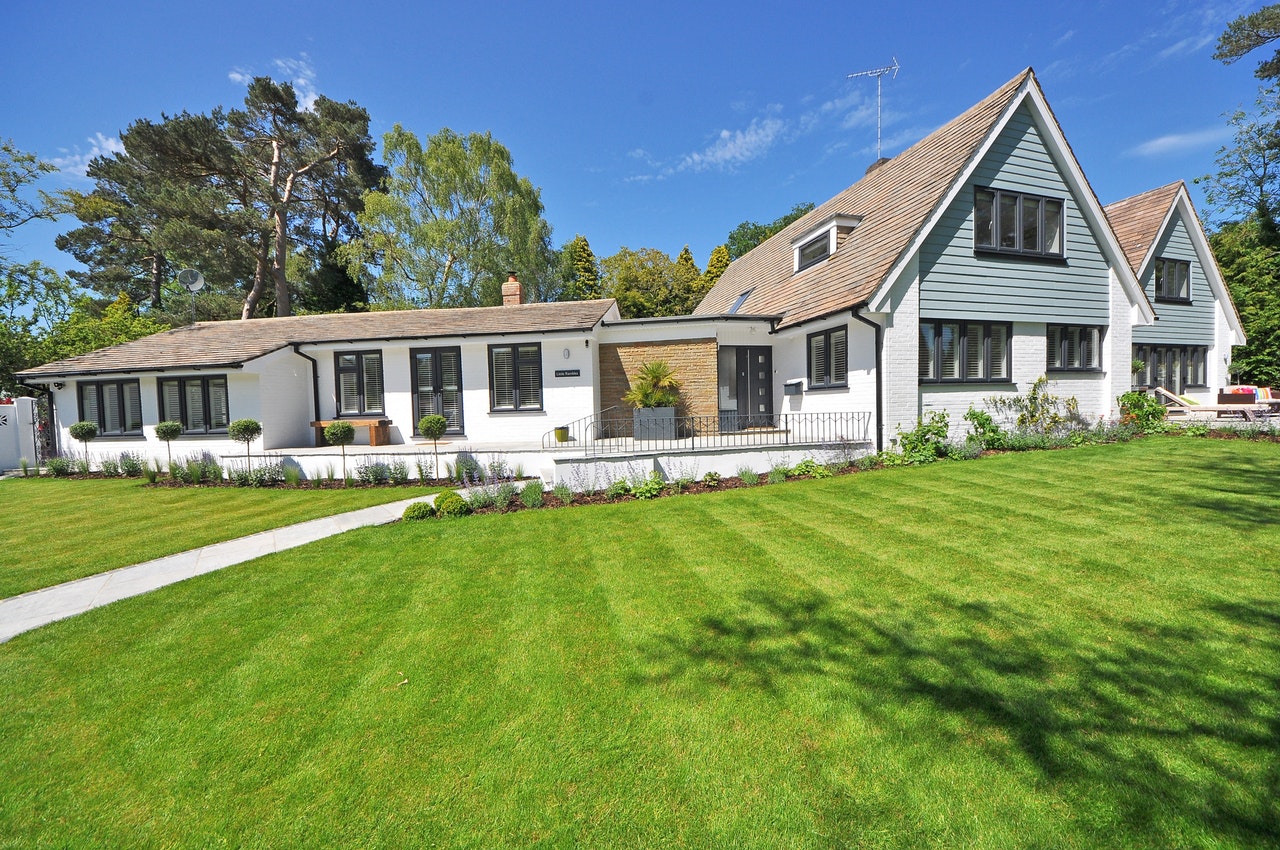7 Key Tips for New Home Owners
Becoming the master of your own home is a truly an amazing and rewarding feeling so congratulations on your first-time purchase. As a home owner, you’re definitely going to enjoy a lot of advantages but with that come new responsibilities as well. In order to make your new home life at your own place more pleasant and comfortable, you should keep in mind some basic home owner tips and practices.
1. Have a Binder for Your Home-Related Documents
You might think this is silly at first, but there’s quite a lot of paperwork involved in owning a home. It would be wise to keep all those documents in one place, and a binder is perfect for the task. Aside from your home insurance and mortgage paperwork, there you can keep the receipts and manuals for your appliances and other purchased items for your home, contractor numbers, etc. In the end, this will help you deal with your taxes a lot faster, too.
2. Don’t Rush the Big Projects
Unless your new home is completely unliveable or has another major flaw that needs urgent fixing, you should wait a bit before starting any big renovation projects. Renovation work can get really expensive and it’s not something you want to get into right after purchasing a home. Wait at least 6 months for making any big changes. Instead, you can always focus on smaller projects such as paintwork and similar.
3. Pay Attention to Potential Home Issues
When you purchase an older home or one that’s been occupied longer, you should also learn how to recognise potential issues with your new home. If you act in time, you’ll be able to fix the problem better and save money. Most importantly, pay attention to roof and basement leaks as well as foundation issues. All of this can be very overwhelming for a first-time home owner so remember to take things slowly and stick to one project at a time.
4. Start an Emergency Home Fund
One of very few disadvantages of being a home owner is the fact that you can’t call your landlord when something’s in need of fixing. And the longer you live in your home, the higher the chances that you’ll have to deal with some emergency repairs in regards to your plumbing, electricity, appliances, etc. This is why it can be extremely beneficial to start your home emergency fund as soon as you move in. Put away a symbolic amount of money on a monthly basis so that you don’t find yourself in a bind in case something happens.
5. Manage Your Energy Usage
As a home owner, you have the power to reduce your carbon footprint by controlling the amount of energy that you use up. Of course, this will reduce your energy bills as well, thus helping you to save some money in addition to doing your bit for the environment. Remember, even small changes can make a difference. You can lower the thermostat on your water heater, replace the light bulbs with energy-efficient LED ones, turn off appliances when you’re not using them, and so on. A great trick to reduce energy waste is to place your fridge away from the oven.
6. Invest in Home Safety
When you’re looking for ways to improve your home, it would be best to focus on boosting the safety of your place first. Proper ventilation and air conditioning system is a must for clean and fresh air. Remember to change the air filter regularly. Upgrading the locks and maybe even considering a high-tech security system will be worth your effort, too. Also, make sure to install a top-quality fire duct system as a safety measure; this can reduce fire damage for hours, which is ideal. In the end, if you’re suspecting that there might be asbestos used in your home, schedule a check-up and asbestos removal accordingly.
7. Put Together Your Toolbox
Now that you’re a home owner, you’ll have to deal with smaller fixes here and there. To be able to do this, you’ll need to use certain tools. This is why it’s always good to put together your own toolbox once you move in to your home. Of course, if you’re handy and crafty, youpossibly have your toolbox set already. But if you’re just looking for basics, make sure to include a measuring tape, hammer, electric drill, ladder and a stud finder.
Don’t forget to go out and meet your neighbours once you’re done unpacking. Getting to know your neighbours will help you connect and maybe even make friends. What’s more, this will allow you to engage in your new community and neighbourhood. And when you know your neighbours well, it won’t be as awkward or problematic to address potential issues as they arise or maybe even ask for help when you need it.


